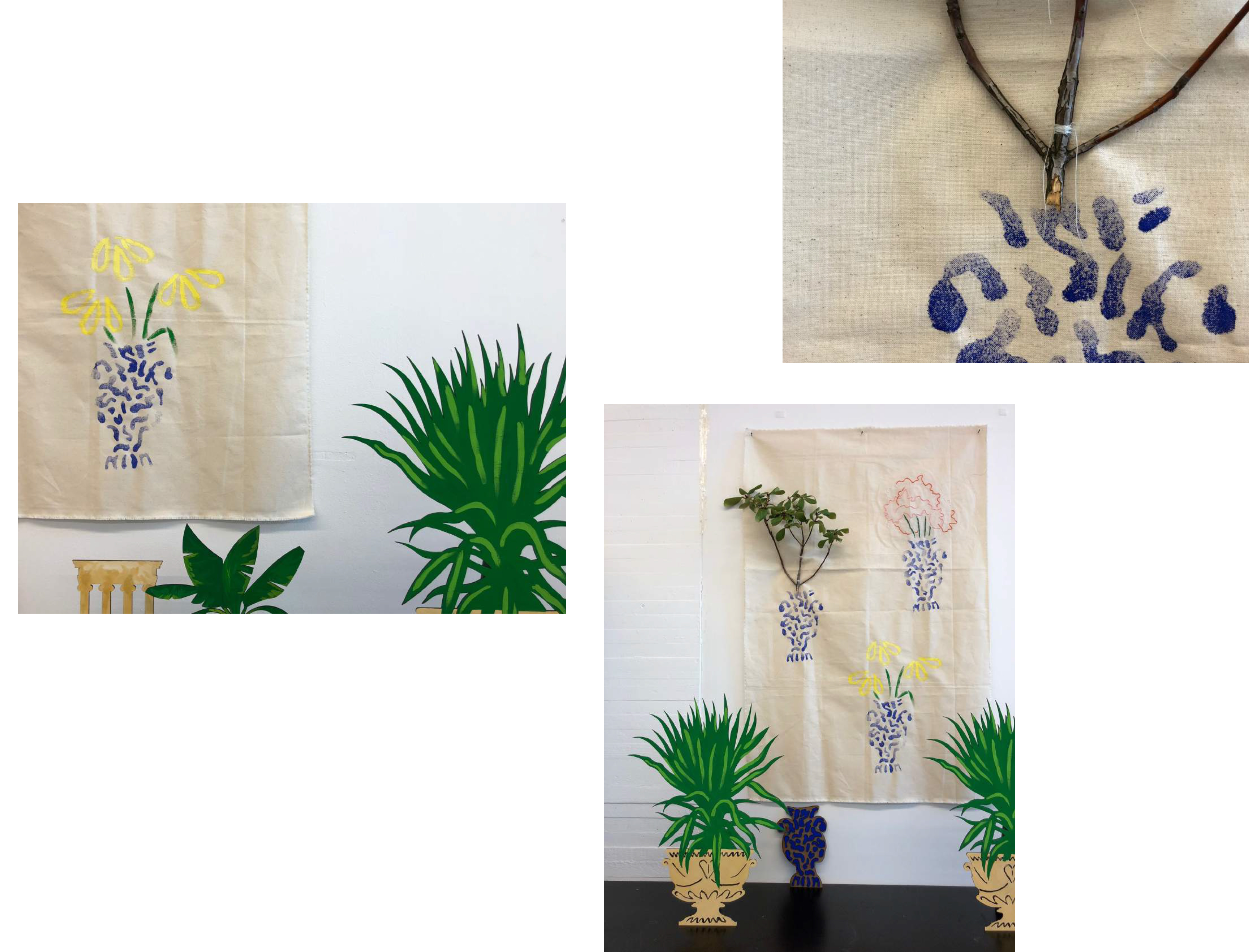 Victoriana and the post-work world
Victoriana and the post-work world
Erlend Firth
Welcome to the post-work world. Automation is 100% for production, service and administrative jobs and we are now free to pursue a life of leisure. In this new Garden of Eden, population has declined dramatically and the small creative and collaborative community of equals now live in a new sort of Marxist heaven. When exactly is now? Who can say. And where? Simply, it is nowhere, it is utopia.
Certainly this work revolution is not global, but a new and experimental government initiative brought about as a result of the increase of robots to assist living. The use of social media has passed, there is less of a need for virtual connection, and there is a greater appreciation for the physical world and human interaction. A utopia of leisure and endless time, inhabitants are free to enjoy the world and pursue their passions. Elsewhere in the world this groundbreaking utopian vision has been rejected. In 2017, India announced it would ban self-driving cars as it feared for its economy, so for this radical new concept to be beneficial to its state, it relies on the spirit of its inhabitants to create, share and learn from each other. The touch of technology can be felt in the occupants ability to instantly conjure any knowledge they may wish, and with advances in 3D printing, any object they wish. With such godlike capabilities and no duties to be spoken of, they are placed in heaven on earth.
In this Eden, the proverbial apple hangs on the tree: if you are in heaven on earth, are you dead already? Combatting the nihilism is the positivity of creation. The outdated word ‘skill’ is not important in this paradise. The importance in creation not being that one is an expert, but that one is participating. In crafting one’s own surroundings all work becomes art, and the world is more valuable for it.
Analysing the role of garden and representation of nature within domestic space, and exploring biophilia – our innate desire to be within nature – this look into a possible post work world assesses ways in which we could fashion our own paradise. This research project aims to dissect our contemporary reliance on technology for the production of goods, with a hope for a future that is more engaged with nature and the physical world, with art and creativity.
I chose to use this project as an opportunity to think beyond the conventional parameters of an interiors project. I have attempted to create a body of work that references interiors without designing a specific space, instead focussing on putting the research I have made into practice. Challenging the boundaries between art and interiors, between representation and reality, my hope is that my work can be viewed as a critique of my research.
The hanging textile combines print, paint embroidery and foliage – making reference to William Morris and The Omega Group. This experimental piece is an expression of ‘sloppy craft’. The cutout pot plants reference the use of floral imagery which was heavily used in the domestic spaces of the Victorian Era. The flatness of these plants creates a humorous effect, the plants stand lifeless and permanently verdurous.
The diorama is my representation of Eden. A drawing in three dimensions, I have taken iconography and applied the blueprint of Claud Lorrain’s pastoral landscape, creating a fantasy non-space. Inaccessible and static the space appears to be waiting for occupation. I have housed the literature relating to this project within an envelope sourced from my Grandmother’s attic. It is an example of the ‘craft kits’ popular in the mid-twentieth century. Inside there are a series of digital collages I created which have informed my final submission. These collages investigate iconography from the arts and crafts movement, examine textile and allude to The Garden of Eden.
Contact: eafirth@gmail.com | 07860610898





